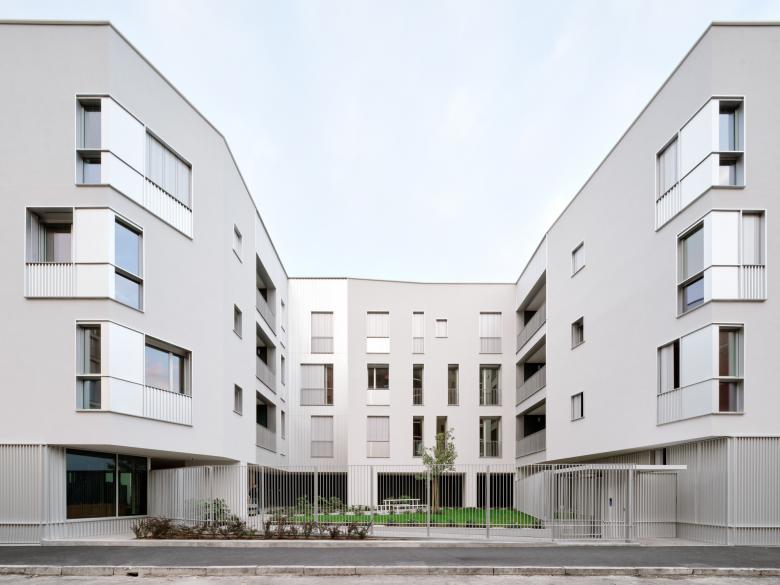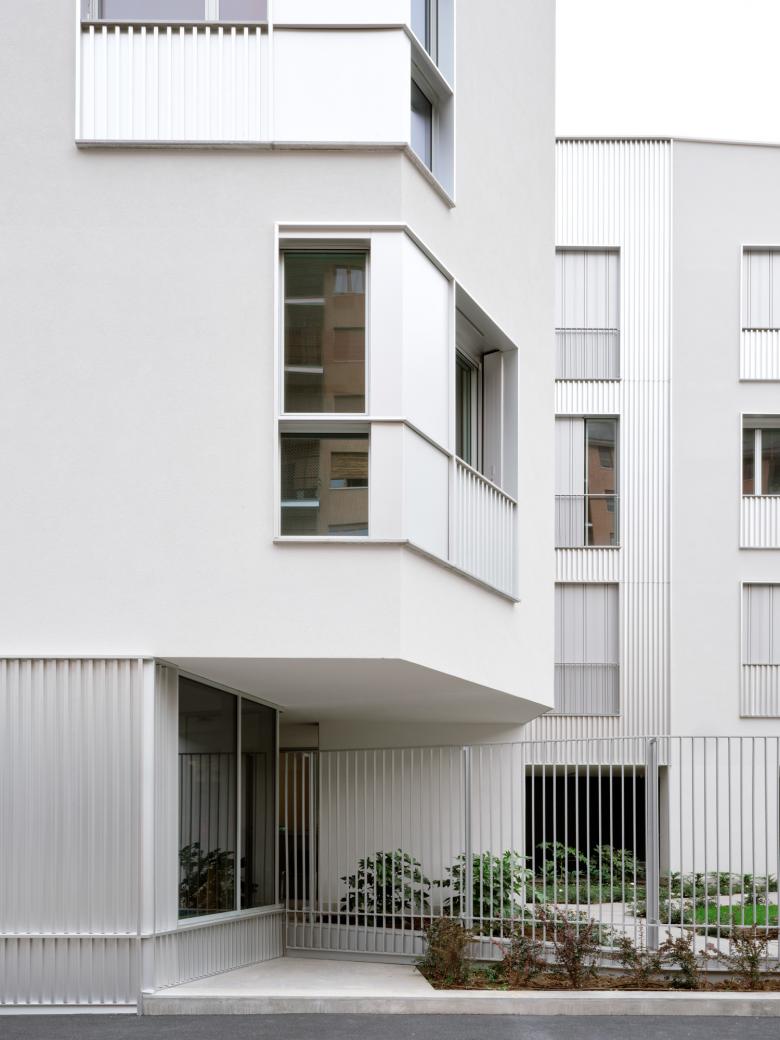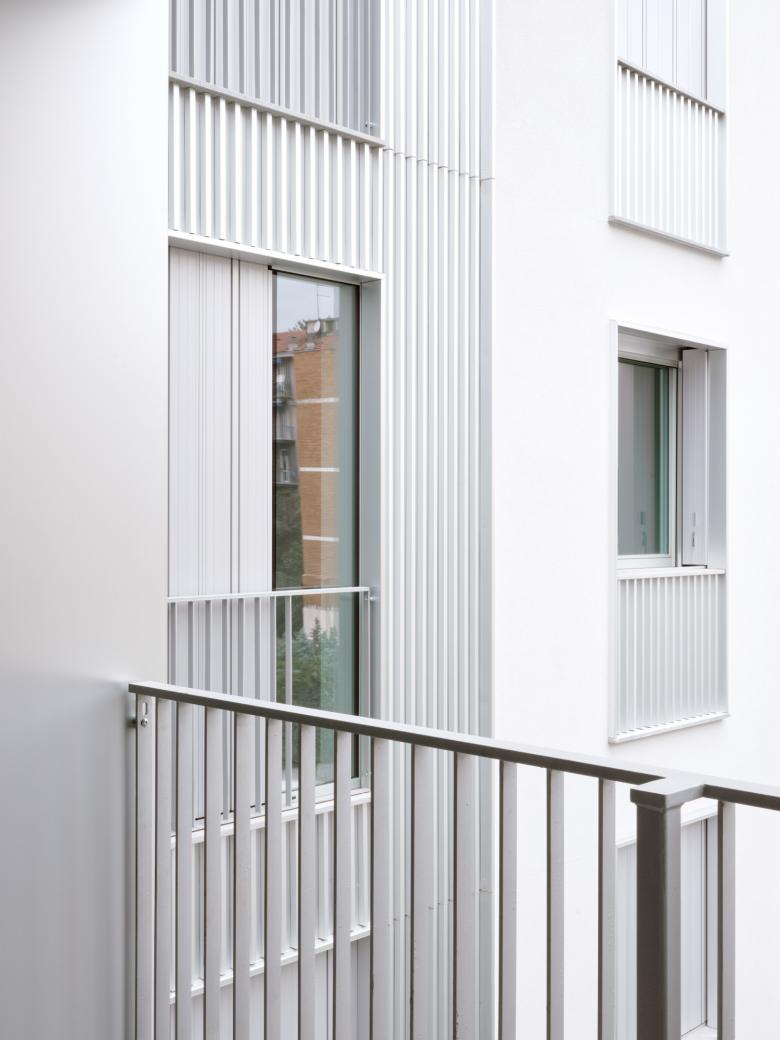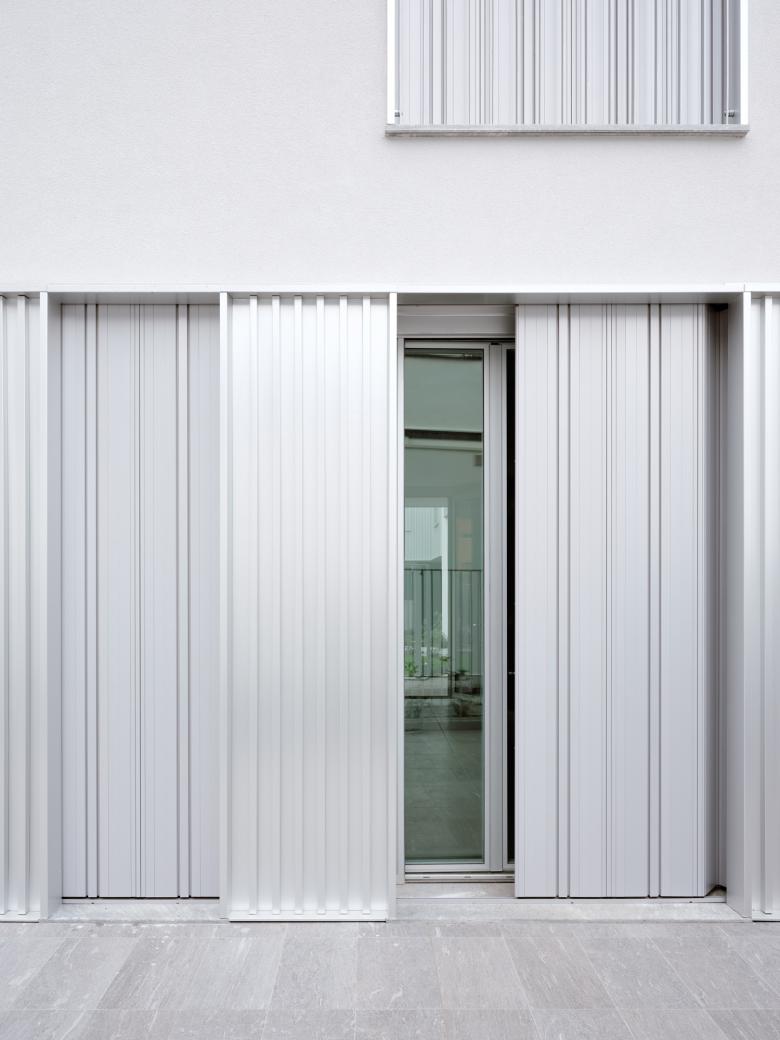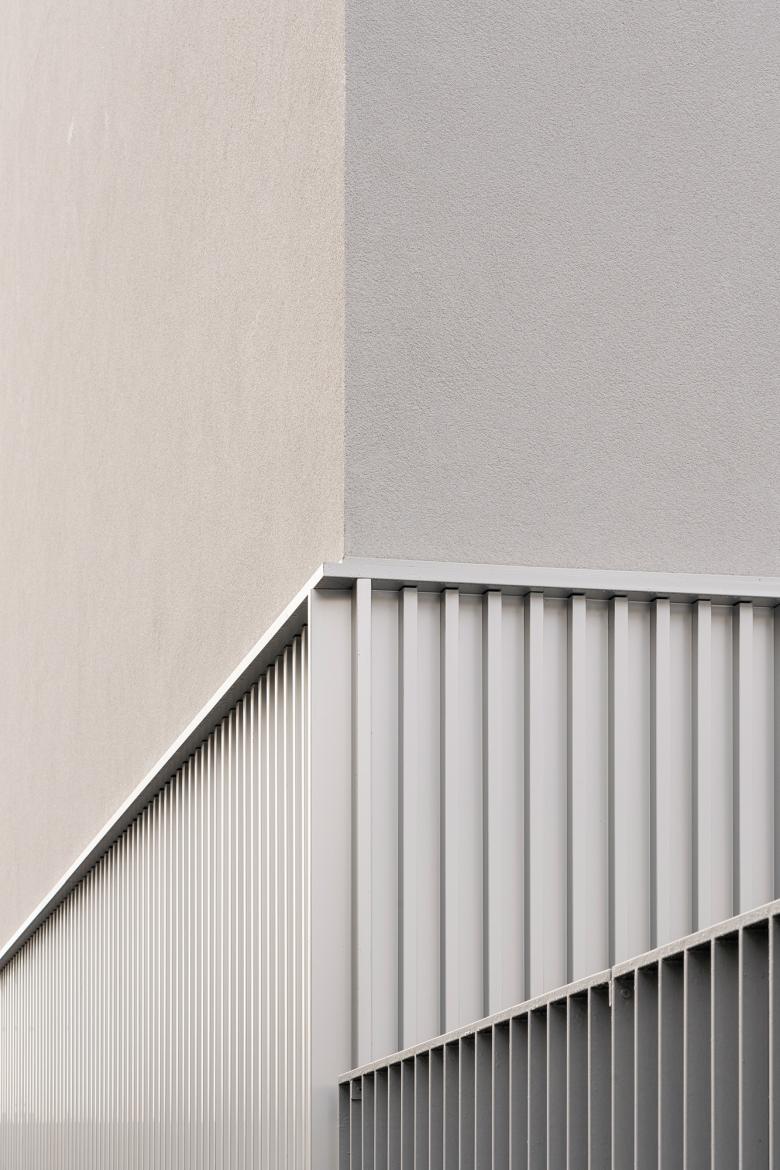Pichi 12
Milan, Italien
- Architekten
- Park Associati
- Standort
- Via Pichi 12, Milan, 20143 Milan, Italien
- Jahr
- 2023
- Bauherrschaft
- Consorzio Cooperative Lavoratori
- Team
- Filippo Pagliani, Michele Rossi, (Founding Partners), Alessandro Rossi, (Project Director), Alberto Ficele, (Project Leader), Sharon Ambrosio, Alexia Caccavella, Antonio Cinquegrana, Sofia Dalmasso, Andrea Dalpasso, Lorenzo Merloni, Andrea Riva, Cristina Tudela Molino, Marco Vitalini, (Architects), Antonio Cavallo, Mario Frusca, Stefano Venegoni, (Visualizers), Marinella Ferrari, (Graphic Designer)
- Arch. Marinella Nidasio
- General Works Management
- Ing. Mauro Grossi
- Works and Structures Management
- Mariani Srl
- General Contractor
- General Planning, Milan
- Preliminary and definitive structural and plant project. Fire Prevention.
A discreet and elegant project reinterpreting the modernism of Milanese residential architecture.
Originally designed for residential use by students and young professionals linked to the nearby university centres – Naba and Bocconi –, the Pichi 12 project has developed into its final form as residence for a more widespread use characterised by an architectural mark that, far from laying claim to an iconic status, blends within the urban fabric of the area near the Navigli in Milan.
Featuring strong distinctive elements, such as a play of neat white-plastered volumes and architectural details of loggias and windows covered in sheet metal, the project reinterprets the modernism of Milanese residential architecture into an elegant and understated building. The courtyard, a reference to the urban courtyard that in historic Milanese residences is traditionally internal and private, here opens up to public life and acts as a filter between individual home living and communal urban coexistence.
The building is spread over three floors, with the ground floor reserved for communal activities and socialising. The flats, of different layouts and sizes, are all designed to accommodate a diverse community and guarantee a good quality of living.
The dry construction techniques that were studied for the building entailed the use of materials – such as steel – capable of creating both lightness and strength.
The façades generate simple geometric volumes, the loggias having been hollowed out to create a discontinuous yet harmonious pattern of solids and void, openings and blind walls. As a tribute to a type of coating that has been widely used for the facades of Milanese architectures since the 1940s, clinker was used to line the loggias. Set back from the white facades, the forest green of the loggias' back walls is the building’s only note of colour, in tune with the green of the internal courtyard's vegetation.
Dazugehörige Projekte
Magazin
-
Building Bridges with Chris Luebkeman
vor einem Tag
-
Winners of 2024 EU Mies Awards Announced
vor einem Tag
-
Six Decades of Antoine Predock's Architecture
vor 5 Tagen
-
WENG’s Factory / Co-Working Space
vor 5 Tagen
-
Reusing the Olympic Roof
vor einer Woche
